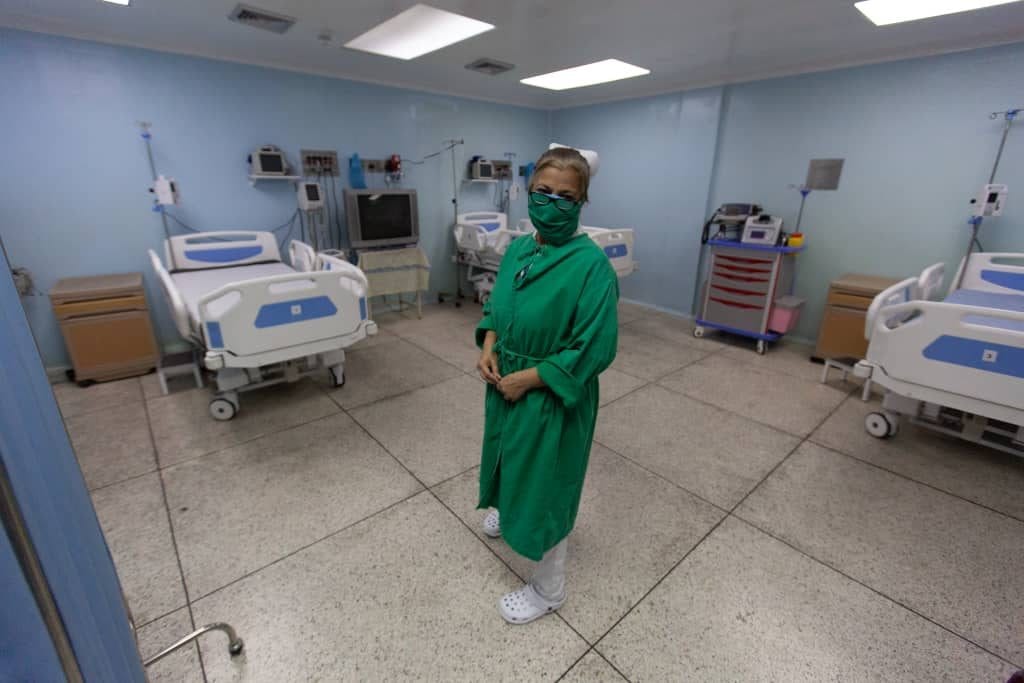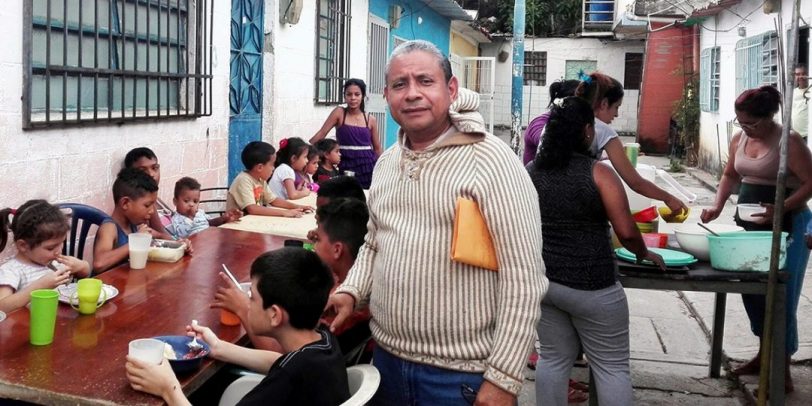United Nations High Commissioner for Human Rights, Michelle Bachelet, arrived on Wednesday 19 July to Venezuela for a 3-day visit. On Thursday afternoon, the High Commissioner, human rights organizations and multiple victim groups met. In this space of one hour, 26 spokesmen were able to make requests to the High Commissioner. 20 of these interventions are registered in this document, which represents an overview of the activists’ demands for the human dignity of the country in a context characterized by the lack of democracy, increase in poverty and forced migration.
Below is one of such interventions.
We appreciate your visit, which was widely requested by Venezuelan civil society organizations.
From SINERGIA, a network of civil organizations, we want to present the serious situation of impoverishment facing the country. With a destruction of 52% of our economy that has precedents in at least a decade, a hyperinflation caused by government policies, and the collapse of our oil industry, families have no capacity to self-sustain their living conditions.
This means that extreme poverty has reached unforeseen levels in a country that has received around one billion dollars in revenue, which have not been audited, and a public debt of almost 185 billion dollars. Thus, the right to development is blocked in this country. We are leaving behind at least two generations of Venezuelans.
Association and participation rights are being violated when civil society organizations are not recognized and criminalized. The space for consultation, design, implementation, evaluation and oversight in public policies is practically forbidden. In a context of a humanitarian emergency, the performance and work of civil organizations of a humanitarian nature, promoters of development and defense of rights, is essential to resist, demand, support victims, and propose and commit to different courses of action. It is urgent that from the instance you represent, measures are taken to ensure the protection of those who fulfill these roles.
The restriction of participation in the terms of free elections, in breach of the minimum standards of a democracy, shows a setback in Venezuelan political history. Assistance is required to recover institutional capacities and citizen confidence in voting. It is urgent that a dialogue and negotiation process is facilitated to restore a route to overcome the conflict that is affecting all layers of the population and causing a forced migration that already has an impact in the entire region.
For all the above, we believe that the installation of a permanent Office of the UN High Commissioner for Human Rights (OHCHR) will be an extremely positive action that will contribute in the slow and difficult road of regaining the rule of law and social well-being in Venezuela.
http://www.accionsolidaria.info/website/wp-content/uploads/2019/07/Bachelet.pdf




